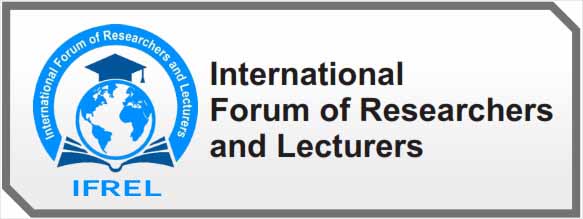Optimizing Supply Chain Management To Increase Efficiency And Profitability In The Manufacturing Industry
DOI:
https://doi.org/10.55606/bijmt.v3i3.2382Kata Kunci:
Optimizing management, increasing efficiency, profitability of the manufacturing industryAbstrak
The purpose of this study is to explore how optimizing supply chain management can improve efficiency and profitability in the manufacturing industry. Using case studies of specific manufacturing companies, this study identifies the various factors that influence supply chain performance and how optimizing these processes can improve a company's overall performance. The research method used is qualitative and quantitative analysis through in-depth interviews, observations, and secondary data analysis. The results of the study show that vertical integration, the use of information technology, and increased communication between parts of the supply chain are key factors in optimizing supply chain management. This research provides valuable information for manufacturing companies seeking to improve their efficiency and profitability through better supply chain management.”
Referensi
Blanchard, D. (2010). Best practices in supply chain management. Wiley
Chopra, S., & Meindl, P. (2016). Supply chain management: strategy, planning and operation (6th ed.). Pearson.
Coyle, J. J., Langley, S. J., Novak, R. A., & Gibson, B. (2016). Supply Chain Management: A Logistics Perspective (10th ed.). Cengage Training.
Christopher, M. (2016). Logistics and Supply Chain Management (5th ed.). Pearson.
Harrison, A., & van Hoek, R. (2011). Logistics management and strategy: Competing through the supply chain (4th ed.). Pearson
Heiser, J., & Render, B. (2017). Operations management: Sustainability and supply chain management (12th ed.). Pearson.
Hugos, M.H. (2018). Fundamentals of Supply Chain Management (4th ed.). Wiley
Mangan, J., Lalvani, K., & Butcher, T. (2012). Global Logistics and Supply Chain Management (2nd ed.). Wiley
Monczka, R., Handfield, R., Junipero, L., & Patterson, J. (2015). Purchasing and supply chain management (5th ed.). Cengage Training.
PT Eastern Pearl Flour Mills. (2023). Annual report 2023.
Simchi-Levi, D., Kaminsky, P., & Simchi-Levi, E. (2008). Supply chain design and management: Concepts, strategies and case studies (3rd ed.). McGraw-Hill.
Wisner, J. D., Tan, K.-C., & Leong, G. C. (2016). Principles of supply chain management: A balanced approach (4th ed.). Cengage Training.
Ross, D.F. (2013). Competing through supply chain management: Creating market-winning strategies through supply chain partnerships. Springer.
Slack, N., & Lewis, M. (2018). Operations Strategy (5th ed.). Pearson.















